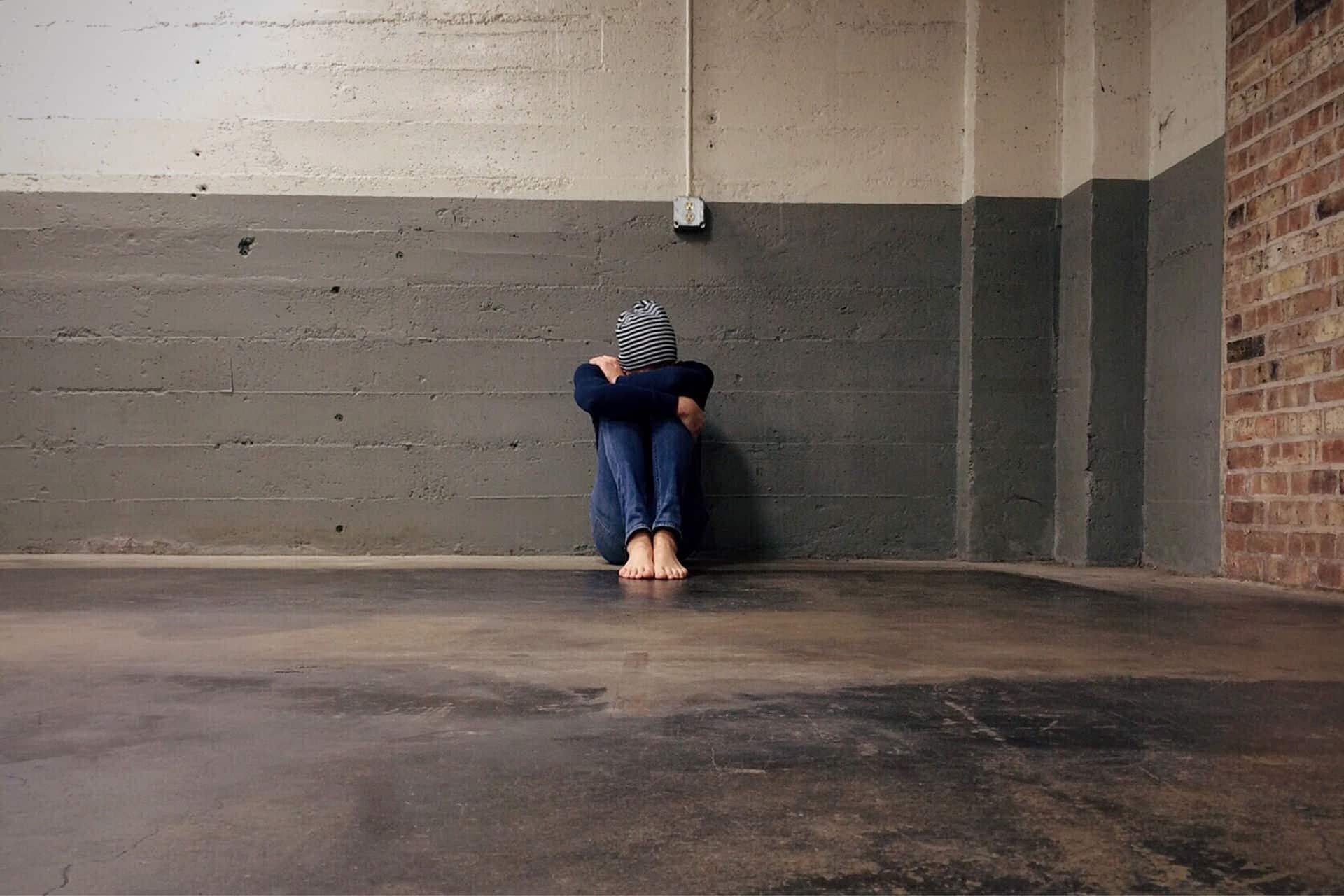Contact Orlando Treatment Solutions
For any other questions please call us or fill out the contact us form. We're here to help you at Orlando Treatment Solutions.
Contact Us Call Now (321) 415-3213Popular Post
Alcohol is a popular beverage across the world, but is it a drug? The answer is an emphatic yes. Understanding how alcohol works in the body might help you make educated drinking decisions.
What is a Drug?
(Drug) Any substance (other than food) used to prevent, diagnose, treat, or relieve symptoms of an illness or abnormality. Drugs can also alter how the brain and the rest of the body function, causing mood, awareness, thoughts, feelings, or behavior changes.
What is Alcohol?
Ethyl alcohol (ethanol) is created by the fermentation of yeast, sugars, and starches. Alcohol, a central nervous system depressant, is the intoxicating element in beer, wine, and liquor.
How Does Alcohol Act as a Drug?
Alcohol depresses the central nervous system (CNS). This implies it slows brain activity, which affects mood, behavior, coordination, and judgment. When drunk, alcohol enters the circulation and goes to the brain, disrupting communication between brain cells.
Understanding the Alcohol Addiction
Recognizing alcohol as a substance and its possible consequences allows you to make educated consumption decisions. If you’re concerned about your drinking habits and addiction.
Alcohol addiction, commonly known as Alcohol Use Disorder (AUD), is a chronic and recurrent condition characterized by poor control over alcohol intake. It can have serious consequences for a person’s bodily and mental health, as well as their relationships and professional lives.
Effects of Alcohol Addiction

Short-term consequences of alcohol addiction
- They have impaired judgment and coordination.
- Increased likelihood of accidents, injuries, and violence
- Alcohol toxicity.
- Blackout (memory loss).
- Mood and behavior changes, including irritation, aggressiveness, or sadness.
Long-term consequences of alcohol addiction
- Liver injury, including cirrhosis
- Heart illness.
- Stroke
- Cancer in the mouth, throat, esophagus, liver, and breast.
- Pancreatitis
- Weakened immune system.
- Learning and memory issues
- Anxiety and depression are some examples of mental health issues.
- Relationship issues, job loss, and financial difficulties are social problems.
Signs of Alcohol Addiction:
While alcohol may be a social lubricant, it’s important to recognize when it becomes an addiction. Recognizing the symptoms of alcohol addiction is critical for yourself or someone you care about. Early intervention can have a significant impact on the route to recovery.
Behavior Changes:
- Increased drinking quantity or frequency.
- Hide or smuggle alcohol.
- Drinking inappropriately (during work or in the morning).
- Neglected duties (job and family).
- Risky conduct when inebriated (driving and unsafe sex).
- Legal or financial concerns resulting from drinking.
Physical signs:
- Tolerance (needing more to experience the effects).
- Withdrawal symptoms include anxiety, tremors, and sweating.
- Frequent hangovers.
- Appetite or sleep habits change.
- deteriorating health (liver and heart).
Psychological Signs:
- Craving for alcohol.
- Feeling unable to control drinking.
- continued drinking despite unfavorable outcomes.
- Depression, anxiety, and mood swings.
- Denying or minimizing the situation.
If you see any of these symptoms in yourself or someone you care about, you should get treatment. There are several options available to help people recover from alcohol addiction.
5 Key Facts About Alcohol’s Effects
Impaired Coordination and Reaction Time: Alcohol alters impulses between the brain and body, resulting in slower reflexes and trouble with actions that require coordination, such as driving.
Altered Mood and Judgment: Alcohol can induce emotions of relaxation and exhilaration. However, it can result in poor decision-making, increased hostility, and dangerous conduct.
Memory Loss: Alcohol affects the creation of new memories, resulting in blackouts or difficulties recalling experiences while intoxicated.
Health Risks: Long-term high alcohol intake can harm the liver, heart, and brain, increasing the risk of chronic illness and addiction.
Addiction Potential: Regular alcohol consumption can develop into dependency, in which the body desires the substance and suffers withdrawal symptoms when it is discontinued.
Benefits of Alcohol Addiction Treatment
Here are some of the advantages of alcohol addiction therapy.

Improved physical health: Alcohol misuse may harm the liver, heart, and brain, among other organs. Treatment can help to repair some of the damage and enhance general health.
Improved mental health: Alcohol addiction can cause anxiety, sadness, and other mental health issues.
Stronger connections: Alcohol addiction may put a burden on relationships with family and friends. Treatment can assist people in rebuilding their connections and establishing a solid support network.
Increased productivity: Alcoholism can interfere with jobs and education. Treatment can help people get back on track and achieve their objectives.
Addiction Treatment Program At Orlando Treatment Solutions
If you or someone you know is struggling with alcohol addiction, there is help available. Please contact at (321) 415-3213 or visit Orlando Treatment Solutions for healthcare professionals or support groups for more information.
Contact Us
CALL US NOW
Orlando Treatment Solutions will iron out the details for you in a manner that will make you confident in your path to sobriety. That first simple call is your ticket to making Orlando Treatment Solutions your solution for addiction. Get the freedom from addiction that you deserve today.
Call us now on (321) 415-3213Updated News
LATEST POSTS
Orlando Treatment Solutions makes numerous media outlets available to encourage you in your recovery process. Digital media literature is approved by a licensed professional and intended to guide you in your recovery path.

Years of experience
Our leadership team has extensive experience in dual-diagnosis treatment and is ready to help those who are struggling with substance use and mental health.

Specialists
Our staff consists of many licensed addiction and mental health treatment facilitators and other staff who are ready to share their experience and their success.

Happy patients
Orlando Treatment Solutions has helped over 2,000 people who have struggled with substance use (alcohol and drug addiction) and mental health find freedom.
Contact Us
GET IN TOUCH
Reaching out to Orlando Treatment Solutions may be the most important call of your recovery process. A caring professional is waiting for your call to be your guide to addiction-free living.
Need Help? Contact Us
Areas and Cities We Serve SUD & Mental Health Treatments in Florida
Oviedo Deland Palm Coast Jacksonville Port St. Lucie Tampa Altamonte Springs Kissimmee St Cloud Winter Garden Winter Park Clermont Melbourne Sanford Deltona Lake Mary Mount Dora Leesburg The Villages Union Park St. Augustine Dupont Port Orange Ormond Beach Holly Hill Daytona Beach Edgewater Oak Hill Maytown Eldora Geneva Titusville Christmas Port St. John Port Canaveral Cocoa Beach Osteen Satellite Beach Palm Bay Roseland Sebastian Fellsmere Gifford Rockledge
 info@shc.health
info@shc.health 




